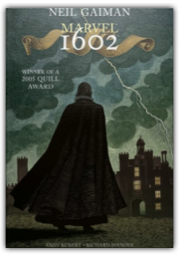
All's not well in the Marvel Universe in the year 1602 as strange storms are brewing and strange new powers are emerging! Spider-Man, the X-Men, Nick Fury, Dr. Strange, Daredevil, Dr. Doom, Black Widow, Captain America, and more appear in the waning days of the reign of Queen Elizabeth. As the world begins to change and enter into a new age, Gaiman weaves a thrilling mystery. How and why are these Marvel stars appearing nearly 400 years before they're supposed to? Collects Marvel 1602 #1-8. 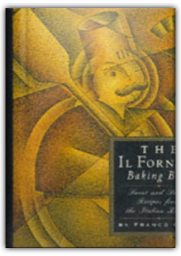

Is the Internet a vast arena of unrestricted communication and freely exchanged information or a regulated, highly structured virtual bureaucracy? In Protocol, Alexander Galloway argues that the founding principle of the Net is control, not freedom, and that the controlling power lies in the technical protocols that make network connections (and disconnections) possible. He does this by treating the computer as a textual medium that is based on a technological language, code. Code, he argues, can be subject to the same kind of cultural and literary analysis as any natural language; computer languages have their own syntax, grammar, communities, and cultures. Instead of relying on established theoretical approaches, Galloway finds a new way to write about digital media, drawing on his backgrounds in computer programming and critical theory. "Discipline-hopping is a necessity when it comes to complicated socio-technical topics like protocol," he writes in the preface. 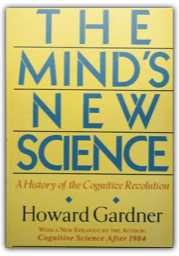
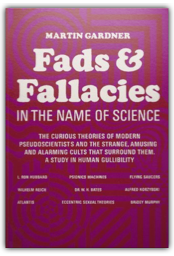
Fair, witty appraisal of cranks, quacks, and quackeries of science and pseudoscience: hollow earth, Velikovsky, orgone energy, Dianetics, flying saucers, Bridey Murphy, food and medical fads, etc. Revised, expanded In the Name of Science. "A very able and even-tempered presentation."—The New Yorker. |
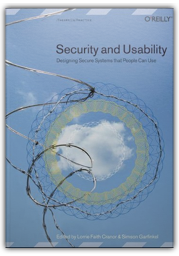
Human factors and usability issues have traditionally played a limited role in security research and secure systems development. Security experts have largely ignored usability issues—both because they often failed to recognize the importance of human factors and because they lacked the expertise to address them. 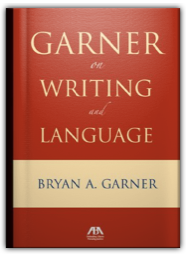
The nation's foremost expert on writing, style, and usage, Bryan Garner, now collects his finest essays on writing, language, and style, and offers them in this in this massive anthology. These articles cover the gamut from advice for beginning writers, to essays on writing successfully as a professional. Also included are hilarious chapters on puns, curiosities, vocabulary use, and other comical writing escapades. Further chapters contain solid advice on making oneself a great writer, grammarian, and stylist. It's perfect for anyone who works with the written word. 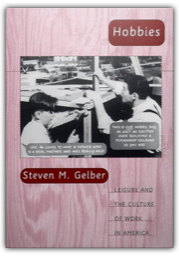
Whether it's needlepoint or woodworking, collecting stamps or dolls, everyone has a hobby, or is told they need one. But why do we fill our leisure time with the activities we do? And what do our hobbies say about our culture? Steven Gelber here traces the history and significance of hobbies from the mid-nineteenth century through the 1950s. Although hobbies are often touted as a break from work, Gelber demonstrates that they reflect and reproduce the values and activities of the workplace by bringing utilitarian rationality into the home, imitating the economic stratification of the marketplace, and reinforcing traditional gender roles. |

My Library
Collection Total:
1165 Items
1165 Items
Last Updated:
Sep 9, 2009
Sep 9, 2009

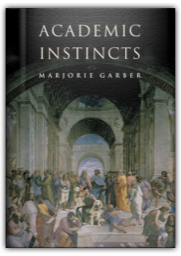

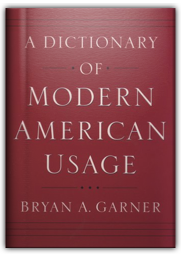
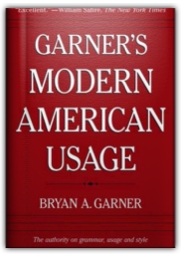


 Made with Delicious Library
Made with Delicious Library